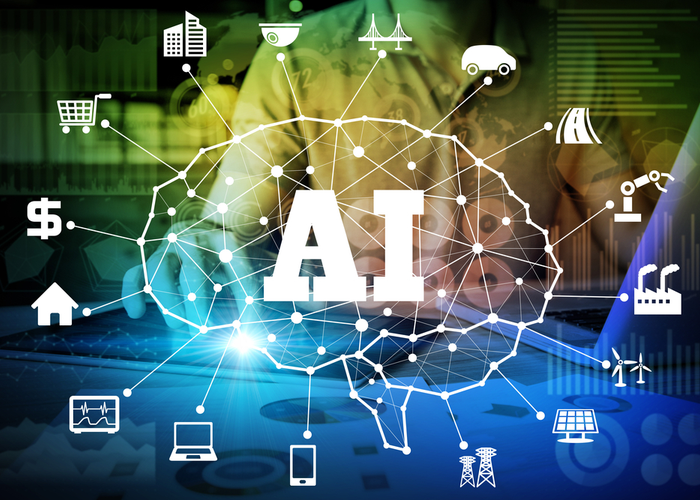
What are the expectations of HR professionals in relation to AI? How do they perceive this new technology? Have they already deployed AI in their service and for which purposes? Are they satisfied? What are the consequences for themselves and for employees? Are they really afraid that it will kill jobs or do they think it will help employees in their daily tasks?
Axys Consultants tackled these questions by interviewing managers and HR leaders to understand what changes AI will induce in their new function.
Still shy of deployment, but HR is ready
AI is struggling to emerge within the HR industry: for 55% of HRDs, it is not on the agenda versus only 11% who have already deployed AI options. In addition, 69% of them believe that the implementation of the AI is behind in their service compared to other departments of the company.
But they are ready: 75% of HRDs say they are well informed of the benefits that the AI could bring to their mission.
AI automation objectives: administrative management, recruitment, and GPEC
The administrative management of HR is essential but can be time-consuming and is the first area for which HRDs believe that AI is very useful to indispensable. This not only requires the automation of administrative tasks such as pay and leave (86%) but also a delegation for employees that can be done through a personal assistant (78%).
Top 5 goals:
AI solutions deployed within 3 years
The automation of administrative tasks (2nd solution currently deployed at 28%) will be the first solution implemented in the company within 3 years to reach 56% (highest 3-year forecast rate with 28%).
Recruitment remains a major concern, and AI tools to improve candidate / job matching are in second place (49%). Always in the aim of saving time, the third solution implemented will concern the analysis and generation of documents (41%).
While most are quite positive about the use of AI (only 25% are afraid that it will dehumanise their profession) they are vigilant about its implementation: 83% of them declare themselves guarantors and 81% will ensure the respect of working conditions and the well-being of employees.
Administrative tasks appear to be a very time-consuming job for HRDs and it is almost unanimous (92%) that they expect the adoption of AI to save time through automation. Moreover, they are aware that AI is synonymous with data and that they will have to learn to make the most of it.
The impact of AI on work: employees assisted by AI are more autonomous, but who will have to upgrade their skills?
If HRDs are positive about the effects of AI on their function they are also positive on those impacting the organization of work. They are lucid: the AI will involve a rise in skills of employees (91%) but in return it will facilitate their tasks, give them more autonomy (83%) and give meaning to the work by eliminating repetitive tasks through to automation (77%).
They also believe that AI will have an impact on the expected qualifications: for 71%, AI will create new jobs and eliminate the least qualified. But it's most likely that companies will rely more on the training of employees (91%) because a little less than half (49%) think it will be necessary to recruit more and more qualified profiles.
Join us February 26-27 for the Property Portal Watch Conference Bangkok 2020.